Did you know music can play a huge role in improving your mental health? There are many songs for anxiety, depression and stress that can give you the peace of mind you crave.
This article is going to explore some of the most relaxing songs for anxiety, and the best music for anxiety and depression.
Music and mental health
Music is not a cure for mental health problems. But relaxing songs are an excellent way to alleviate stress and anxiety and experience joy, inner peace and relaxation. Music and songs for anxiety can be an effective coping strategy that can allow us to soothe anxious and depressive thoughts and feelings.
It can either be the lyrics or the beats or may be the overall experience of listening to a particular song. But when we listen to certain songs for stress, it can help to alleviate our moods and emotions and make us want to live through another day.
According to a 2009 study, listening to just 20 minutes of relaxing songs, instead of 20 minutes of bed rest, can bring about “significant decreases in mean scores of state anxiety, stress and depression.”
Another 2017 study titled Reviewing the Effectiveness of Music Interventions in Treating Depression found that “Music can be considered an emerging treatment option for mood disorders that has not yet been explored to its full potential.”
The researchers reported that songs for anxiety, stress and depression have beneficial effects on people suffering with these disorders, like strengthening awareness & sensitiveness for positive emotions.
The study focused “on patients diagnosed with clinical depression” and concluded “The overall outcome of our analysis, with all significant effects considered, produced highly convincing results that music is a potential treatment option, to improve depression symptoms and quality of life across many age groups.”
Another 2013 study revealed that “music listening impacted the psychobiological stress system. Listening to music prior to a standardized stressor predominantly affected the autonomic nervous system (in terms of a faster recovery), and to a lesser degree the endocrine and psychological stress response.”
Related: Why The Songs You Wake Up To Can Make or Break Your Day
Songs for anxiety, stress and depression: The darker side
However, listening to sad songs or “music that mirrored the negative mood in an effort to cope with negative feelings” may have negative outcomes.
A recent 2019 scientific analysis which evaluated primarily young females with depression stated that “Individuals can use music listening to improve, maintain or intensify a mood, and may do any of these things at various times.”
It added “Although it appears that people with depression are most likely to use music to intensify a negative mood, they are also the least aware of this tendency. This is further complicated by the finding that an individual can become aware of unhelpful listening habits, but can lose that awareness when in a depressive state and revert to intensifying strategies.”
The study concluded that “promoting awareness of the power of music to enhance any mood is helpful, but that we should be prepared for circuitous pathways and open to change in all directions when people engage with their preferred music.”
The importance of music therapy
Music is a great way to eliminate stress, anxiety and depression. But it greatly depends on the kind of music you listen to. Relaxing songs are an excellent stress buster and mood changer.
Apart from enhancing our breathing, studies have found that melodic music increases dopamine and serotonin levels in the body.
Listening to songs for anxiety and depression can also regulate eating and sleeping habits, improve digestion and mood. It also helps to increase body temperature and reduces heart rate, which are common symptoms of relaxation.
With the help of music therapy, we can manage our thoughts and emotions influenced by anxiety and depression. Songs that relieve anxiety are a helpful tool for improving our mental health.
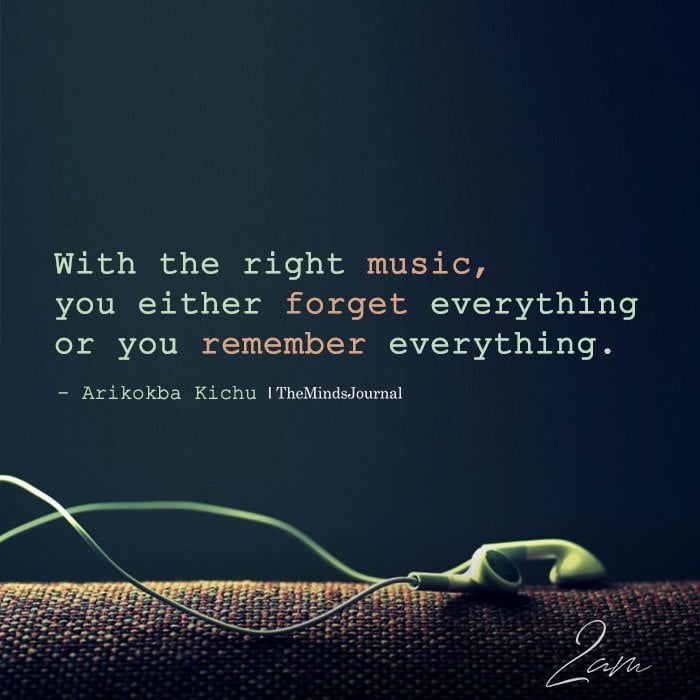
According to a 2005 study on music therapy, “music appears to exert direct physiologic effects through the autonomic nervous system. Music effectively reduces anxiety and improves mood for medical and surgical patients, for patients in intensive care units and patients undergoing procedures, and for children as well as adults.”
However, you do not need a music therapist to enjoy the positive and soothing effects of relaxing songs. You simply need to listen to the right songs for anxiety and depression to start feeling better immediately.
So what songs can help with your mental health issues?
Related: Music Therapy For Depression – How Can It Heal You?
Songs for anxiety & depression you need to listen
All of us have different tastes in music. If we want to use music therapy to treat our stress, anxiety and depression, it is crucial that we listen to music that we personally enjoy.
Here are some of the best music for anxiety and depression, that you can listen for relaxation and better mental health, according to ADAA:
- All of the Stars – Ed Sheeran
- Beautiful – Christina Aguilera
- Born This Way – Lady Gaga
- Don’t Stop Believin’ – Journey
- FireFly – Ed Sheeran
- Fooling Yourself – Styx
- GIRL – Maren Morris
- Grand Illusion – Styx
- He Will Hold Me Fast – Keith & Kristyn Getty
- Hero – Mariah Carey
- Higher Power – Boston
- I’m Alive – Kenny Chesney (with Dave Matthews)
- Inner Demons – Julia Brennan
- Its Going to Be Alright -The Ramones
- I Will Always Love You – Whitney Houston
- I Won’t Back Down – Tom Petty and the Heartbreakers
- Healing Meditation – Angus Woodhead
- Only Time – Enya
- Not Dead Yet – Styx
- Seasons of Love – Rent
- Somewhere in Time – John Barry
- This is It – Kenny Loggins
- Unwell – Matchbox Twenty
- When the Seasons Change – Five Finger Death Punch
- Wonder – Natalie Merchant
- You Raise Me Up – Josh Groban
Here are 10 more songs that can not only help you with your anxiety and depression, but also soothe your nervous system and touch your soul.
- We Can Fly – Rue du Soleil (Café Del Mar)
- Canzonetta Sull’aria – Mozart
- Someone Like You – Adele
- Pure Shores – All Saints
- Please Don’t Go – Barcelona
- Strawberry Swing – Coldplay
- Watermark – Enya
- Mellomaniac (Chill Out Mix) – by DJ Shah
- Electra – by Airstream
- Weightless – Marconi Union
The last song in the list above, Weightless by Marconi Union has been found to reduce overall anxiety by 65% and reduce the physiological resting rate by 35%, according to researchers. Clearly, it’s one of the best songs that relieve anxiety.
Dr. David Lewis-Hodgson of Mindlab International found that it resulted in the highest “state of relaxation than any other music tested to date.”
As the song “Weightless” can make you feel very relaxed and maybe even drowsy, it is advised to avoid listening to this track while driving, lifting weights or operating heavy machinery.
Related: Listening To This Song Reduces Your Anxiety by 65%
Music is all around us
Most of us love listening to music. Whether at home or work, during our daily commute or while at the gym, we can listen to music anywhere, anytime.
Whether you are plugged in to your smartphone or listening to the car radio or your home stereo or on TV, listening to our favorite relaxing songs lifts our moods and makes us feel better almost instantly.
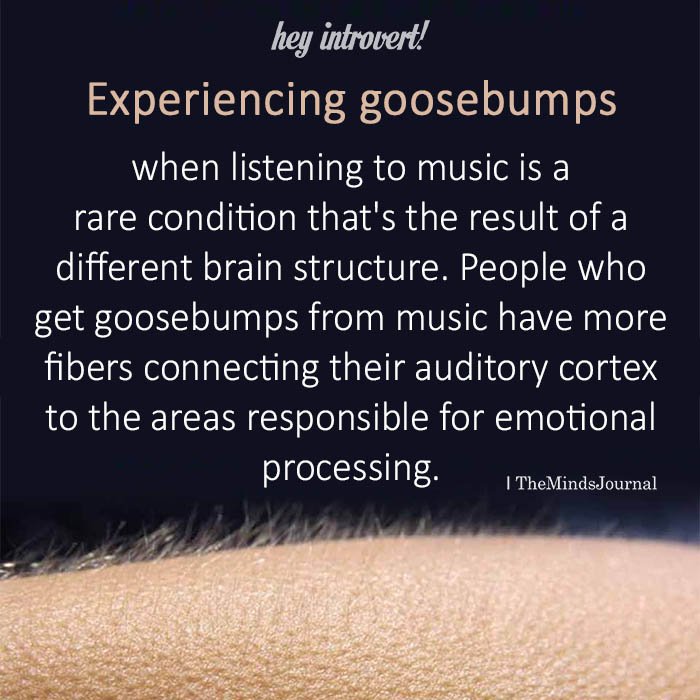
Listening to music and songs is definitely fun, especially when it can help to enhance our mental health and well being. Music can evoke different emotions and certain songs can help us feel happy, calm and peaceful.
Songs for anxiety have the power to influence our emotions, thoughts and moods, especially when we are feeling angry, stressed, anxious, lonely or feeling really down. Such is the power of music.
Related: If Music Gives You Goosebumps, Your Brain Might Be Special
Understanding stress, anxiety & depression
According to facts released by the Anxiety and Depression Association of America (ADAA), “Anxiety disorders are the most common mental illness in the U.S., affecting 40 million adults in the United States age 18 and older, or 18.1% of the population every year.” Although it is “highly treatable” only 36.9% of sufferers get treatment.
ADAA also points out that anxiety can also lead to depression. It adds “It’s not uncommon for someone with an anxiety disorder to also suffer from depression or vice versa. Nearly one-half of those diagnosed with depression are also diagnosed with an anxiety disorder.”
Moreover, it has also been observed that anxiety and depression are not different disorders. They are “two sides of the same coin”.
According to a Psychology Today article, “Over the past couple of years, clinicians and researchers alike have been moving toward a new conclusion: Depression and anxiety are not two disorders that coexist. They are two faces of one disorder.”
David Barlow, Ph.D., director of the Center for Anxiety and Related Disorders at Boston University, explains “The genetics seem to be the same. The neurobiology seems to overlap. The psychological and biological nature of the vulnerability are the same. It just seems that some people with the vulnerability react with anxiety to life stressors. And some people, in addition, go beyond that to become depressed.”
But how does music figure into all of this? How can listening to songs for anxiety help you?
Related: The Power of Beats: A Look Into the Psychological Effects of Music
A melodious way to better mental health
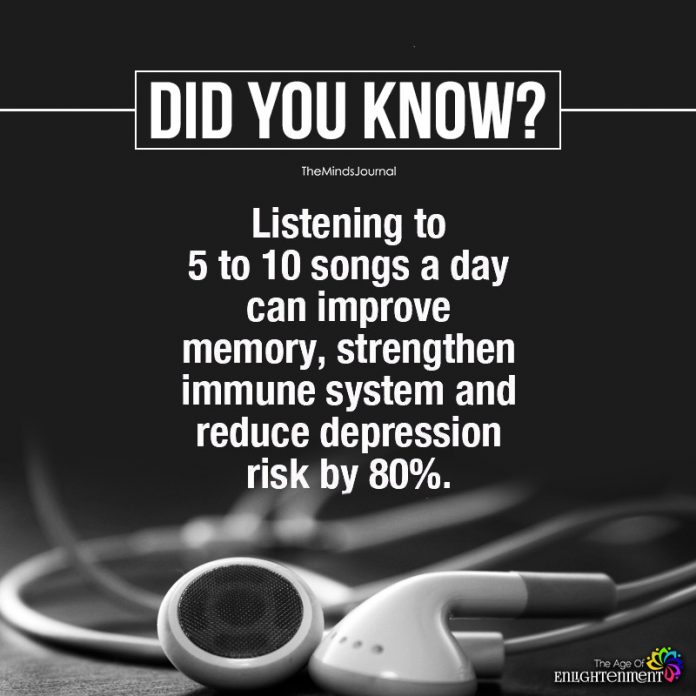
Listening to the best music for anxiety and depression listed above can have numerous beneficial effects.
According to the American Music Therapy Association (AMTA), some of the most promising and science-backed benefits of music on people with anxiety and depression include:
- Decreased muscle tension
- Enhanced self-esteem
- Reduced anxiety
- Better interpersonal relationships
- Improved motivation
- Safe & effective emotional release
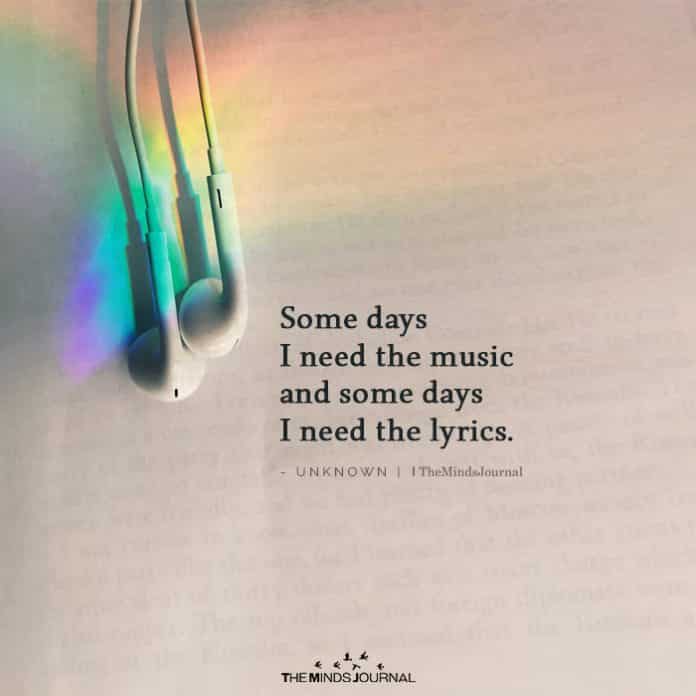
There is no scope for doubt that music is one of the most successful alternative treatment options for stress, anxiety, and depression, which is backed by numerous scientific and medical studies.
So make sure you listen to the relaxing songs for anxiety listed in this article to start eliminating stress, anxiety, and depression from your life.
Go ahead and enjoy the music.
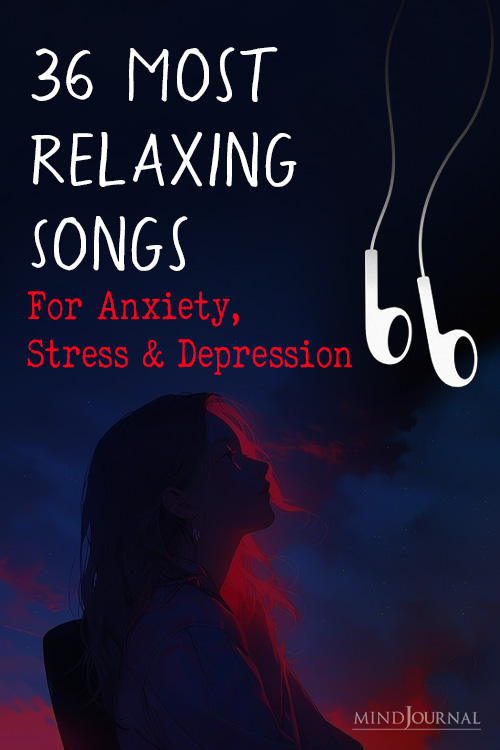

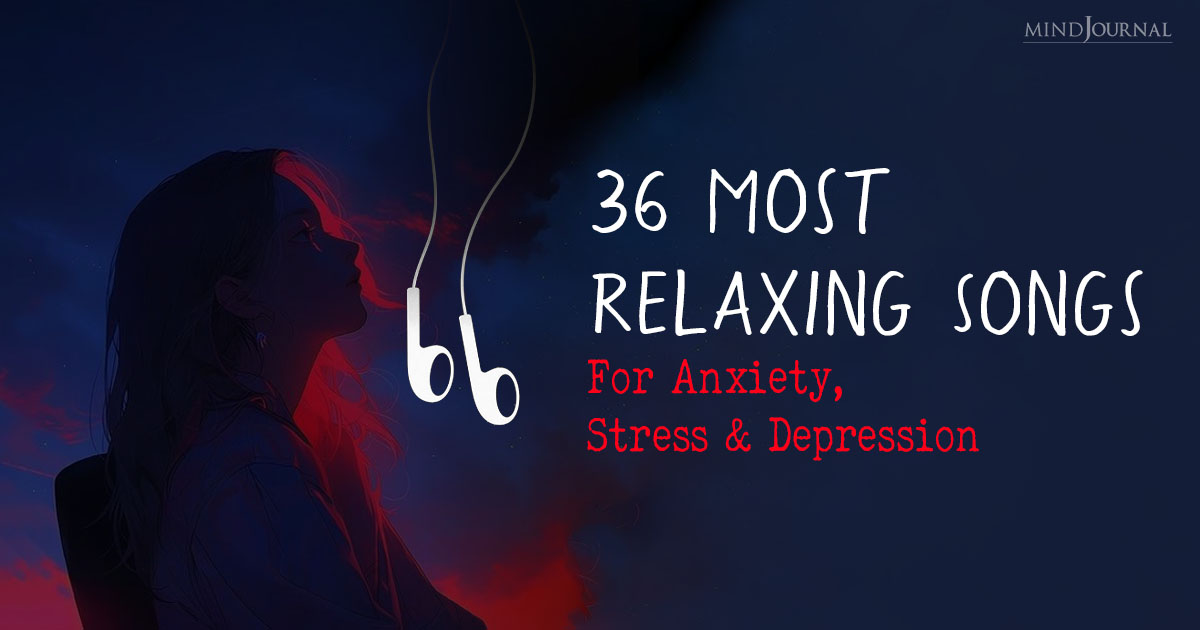







Leave a Reply